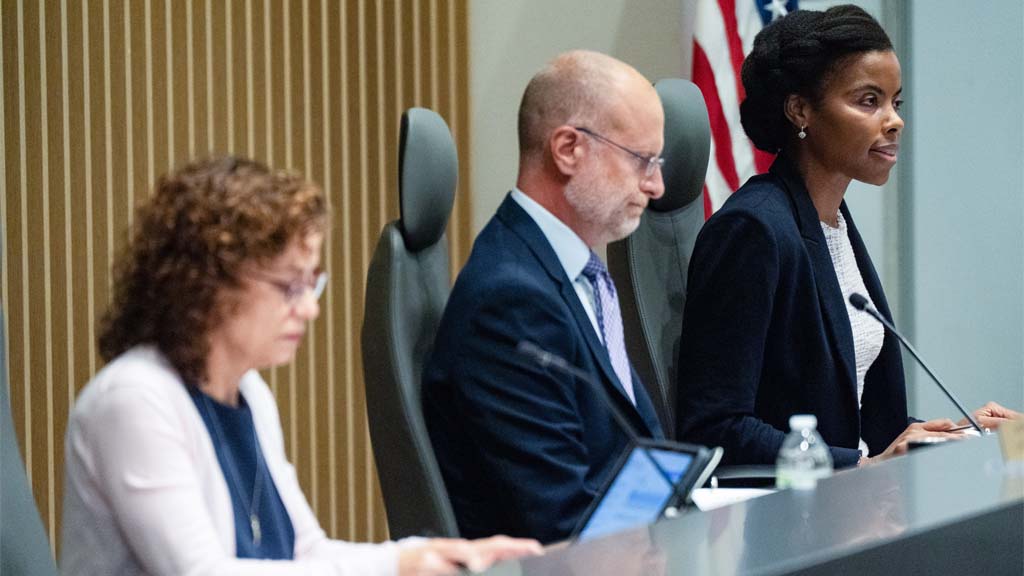57 million hours of work
According to the Government Accountability Office (GAO), the FCC is dealing with so much paperwork that it requires 57 million “burden hours” just to process it. A burden hour is officially defined in the Paperwork Reduction Act as “the time, effort or financial resources expended by persons to generate, maintain or provide information to a federal agency.”
The GAO released its report, “Information Collection and Management at the Federal Communications Commission,” in late January. The report notes that in prior studies, the GAO had found weaknesses with the FCC's information collection, management and reporting process. Readers may recall the political hullabaloo that accompanied the previous chairman's last year in office. One component in the complaints surrounding Chairman Kevin Martin focused on bureaucratic issues, including record keeping, staffing and his style of management. Apparently, things haven't gotten any better.
According to the GAO review, the FCC collects information through 413 collection instruments (forms) or filing mandates. Those filings include required company documents, consumer complaints, company financial and accounting performance, and a variety of other information, such as the annual survey of cable operators. It's worth noting that the numeric total of collection instruments does not include filings and responses made in response to FCC Notices of Inquiry or Notices of Proposed Rule Making. (A table showing how the FCC uses its resources as measured by burden hours is available online.)
The GAO discovered that only 14 of the FCC's 30 information collection portholes are managed electronically. The remainder are handled with old-fashioned paper. The FCC publishes information from 11 of those 30 information collection portholes on its Web site. Some information is published only on request and often in a redacted format.
Other management issues were identified in the GAO's review. The investigators reported that the FCC staff makes what seem like simple operational mistakes. For instance, the agency discovered that the FCC rarely includes the text of a proposed rule in its NOPRs. That's like telling your kid, “I'm changing the rule, and if you break it, you're in big trouble,” but then you never say what the “rule” is.
Also, the GAO reported that companies, stations and the public complained that the FCC fails to even clearly specify the information it wants to gather in a public notice. The GAO said the result is that the public is greatly challenged to provide “meaningful input” on proposals and new rule making.
Another indication of the FCC's increasing paperwork is a jump in the number of telecom lawyers. Since the late 1990s, membership in the FCC Bar Association has grown by 73 percent. This occurred at the same time the FCC increased its spending by 37 percent and increased by 300 percent the number of pages of regulations published in the FCC Record.
The professional video industry's #1 source for news, trends and product and tech information. Sign up below.
Perhaps the numbers are correct. Maybe it did require 57 million burden hours for the FCC to maintain its current operation. One might ask, then, what's going to happen when Congress gives this monster bureaucracy oversight of a national broadband plan, which proposes, among other things, spectrum auctions, building a new public safety network, a new FCC R&D facility and other empowerments?
Can you spell “FCC lawyer full-employment act”?
Send comments to:editor@broadcastengineering.com
